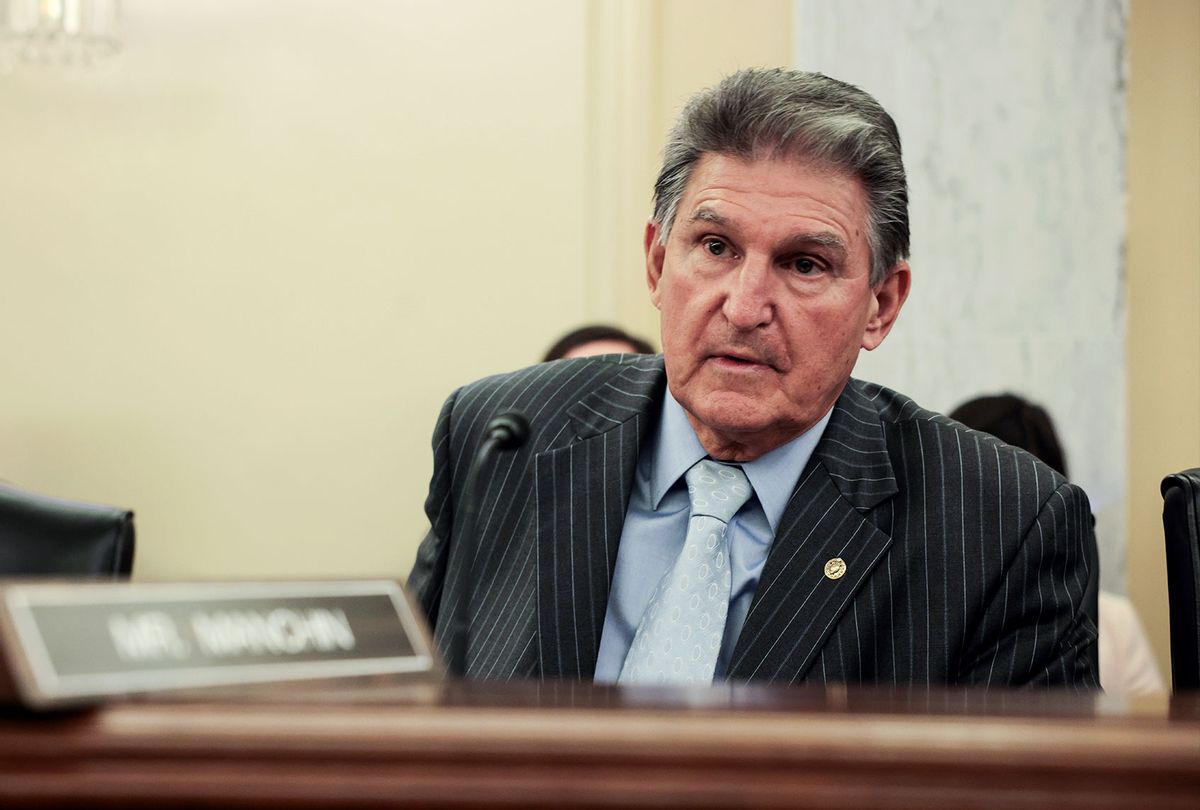Democrats will need a miracle if they want to keep their majorities in the Senate and House of Representatives this fall. The president's party almost always loses in midterm elections. But to make matters worse for Democrats, inflation is leading to ballooning costs for everyday essential items like groceries and gasoline, and, while many voters approve of President Joe Biden's handling of Russia's invasion of Ukraine, Western sanctions against Russia are compounding high energy prices. Right now, 52.5 percent of the public disapproves of the President's performance in office thus far. None of this bodes well for Democrats' political prospects this midterm election cycle.
If Republicans take back one or more houses of Congress this fall as they are favored to do, Democrats have a narrow window of time before then to pass a climate plan. Luckily, such a plan already exists. It comprises roughly $320 billion worth of clean energy tax credits, $105 billion in resilience investments, $110 billion in tax credits for green technology and manufacturing, and $20 billion to buy clean energy. The House of Representatives voted to pass the plan late last year and sent it on to the Senate, where all 50 Democratic senators are amenable to it. Sixty percent of Americans support the climate provisions, a reflection of the public's massive appetite for federal climate action.
So what's the holdup? The problem is that all of that climate spending is tied up in a package called the Build Back Better Act, which also advances other progressive priorities, such as prescription drug pricing reform, expanded child tax credits, and making health insurance more affordable, that have proven to be contentious among Democratic senators. Passing climate policy alone would require dismantling the legislation and reintroducing elements of it as a new, climate-focused bill. Political experts say that lawmakers have been hesitant to focus exclusively on climate for a number of reasons, but that now might be the perfect moment for Democrats to restructure their original climate plan and bill it as an effort to both combat inflation and invest in domestic energy security.
There's reason to believe the climate portions of the Build Back Better Act would pass if they were rejiggered into their own piece of legislation. "The climate thing is one that we probably could come to an agreement much easier than anything else," Joe Manchin, the centrist senator from West Virginia who has thwarted many of the progressive aspects of Biden's agenda thus far, including Build Back Better, told reporters in January. Manchin has a track record of being a fickle negotiator, but, for the moment, there's little downside to taking his comments at face value.




Shares